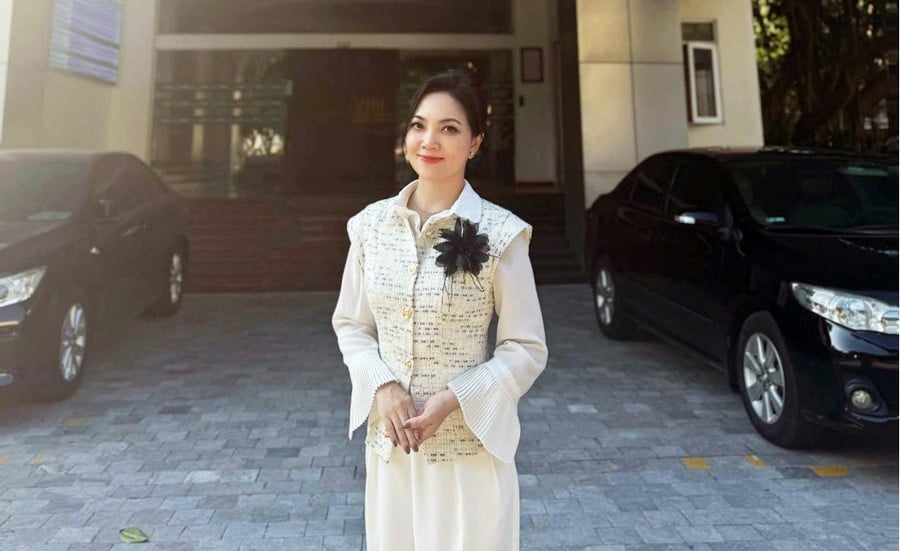 |
| MSc. Le An Na at the Innovation and Creativity Conference building - Vietnam National University, Hanoi. Photo: ND |
In the quiet space of Hanoi National University, Master Le An Na - Cultural Researcher shared about her journey of contributing to building a new cultural foundation and rituals for Vietnamese people in the period of international integration.
- It is known that you are in the process of completing your doctoral thesis on Culture and Intercultural Communication. What motivated you to pursue this field?
- Master Le An Na: I have a passion for culture, studying culture and the interaction between different cultures in the world. This comes from the interest and desire to understand more deeply the history of the formation of cultural values, rules, how people communicate, behave, and connect with each other.
My years of studying and working in many countries such as Russia, England, and Singapore have given me a multi-dimensional perspective and deepened my understanding. From there, I realized that culture and rituals, like music, are not only a means of communication but also a symbol of national identity and values.
This motivates me to continuously research and impart knowledge to the young generation of Vietnam, so that they can confidently integrate into the world while still preserving the core values of their homeland.
- So in short, can you share what makes your teaching method of etiquette and manner different in the current context?
- The biggest difference in my teaching method is the combination of Vietnamese cultural background and international values. If we only focus on teaching international communication skills, we forget that to be successful in a global environment, we need to not only “know the surface” but also deeply understand so that we can apply international rules while still maintaining our cultural identity.
The courses and programs that I have developed at PAVI Academy - Vietnamese Etiquette and Manners Academy not only focus on etiquette but also on conveying cultural spirit, helping students understand the meaning and value behind each action and each rule. This helps students not only behave properly but also confidently express their personal identity and unique values of the Vietnamese people, while still clearly understanding international standards and etiquette.
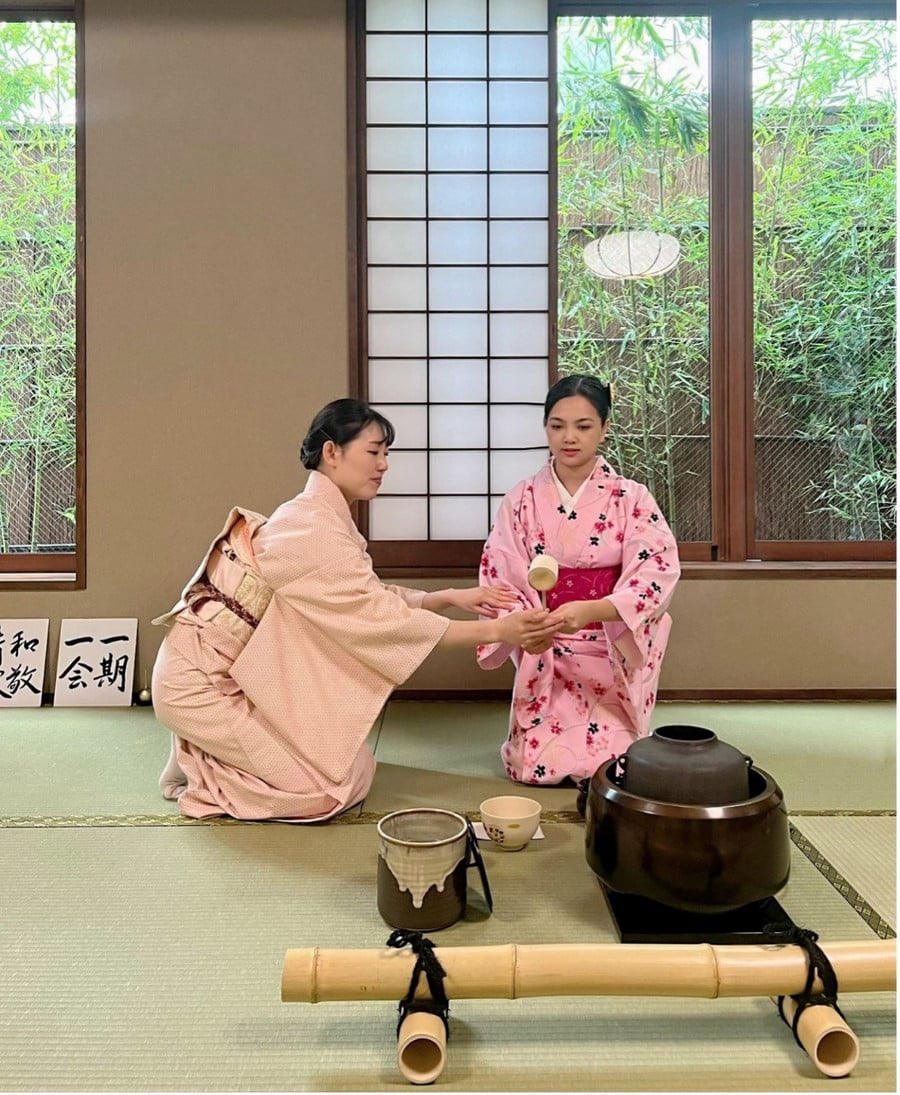
- Can you share more about your learning and training experiences in different countries? How have those influenced your teaching philosophy?
- Each country on my journey of study and work has brought me invaluable knowledge and lessons. I can summarize briefly as follows: in the Russian Federation, I learned precision and patience in thinking and working, in Singapore, I learned elegant and refined manners, very suitable for a multicultural environment, and in the UK, I experienced the combination of tradition and modernity of European culture.
From the perspective of cultural values, I believe that understanding these things is very important for each of us. These experiences have contributed to helping me form and build a special teaching philosophy and method, not only helping students master etiquette skills but also creating a confident and competent demeanor in all situations based on a solid foundation of cultural understanding.
- So, in your opinion, what are the most important factors in developing etiquette and manners for the young generation of Vietnam?
- First, it is confidence. Confidence comes not only from knowing and understanding what we have to do, but also from a deep understanding of our culture and our own values.
The second is the ability to communicate flexibly, knowing when to follow international standards and when to maintain one's own culture and identity. That only comes when we understand, we must understand instead of just knowing about it.
Finally, the value that I pursue and want to spread is that I always emphasize the importance of deeply understanding the traditional culture of the country. Integration does not mean that we have to give up or forget our identity; on the contrary, it is an opportunity for us to introduce and enrich the quintessential values of our country's culture.
- Do you think that in the future, etiquette and manners will become an indispensable part of education and human development in Vietnam?
- Definitely. In the context of increasingly deep globalization, mastering skills, etiquette and confident demeanor will help the young generation not only succeed in the international environment but also become typical representatives of Vietnamese culture. I believe that etiquette and demeanor education will be properly evaluated and appropriately designed, so that it can be included in the curriculum from an early age, so that children can develop comprehensively, from knowledge to behavior and communication, which is also another approach for future generations to better understand, thereby contributing to consolidating, honoring and continuing to develop the precious traditional values of our nation.
- It is known that you have many years of experience teaching and training at large organizations and enterprises. In your opinion, what is the biggest challenge in imparting knowledge about etiquette and manners to students?
- The biggest challenge is probably changing the students' awareness and habits. Many people often think that etiquette is just superficial rules of etiquette, but in fact, it is a whole system of values and culture that needs to be deeply understood and practiced, it originates from within. I always try to help students see that mastering the rules, principles of etiquette and manners not only helps them communicate more effectively but also contributes to building personal and collective images for those around them, in the company, with partners and further, international friends.
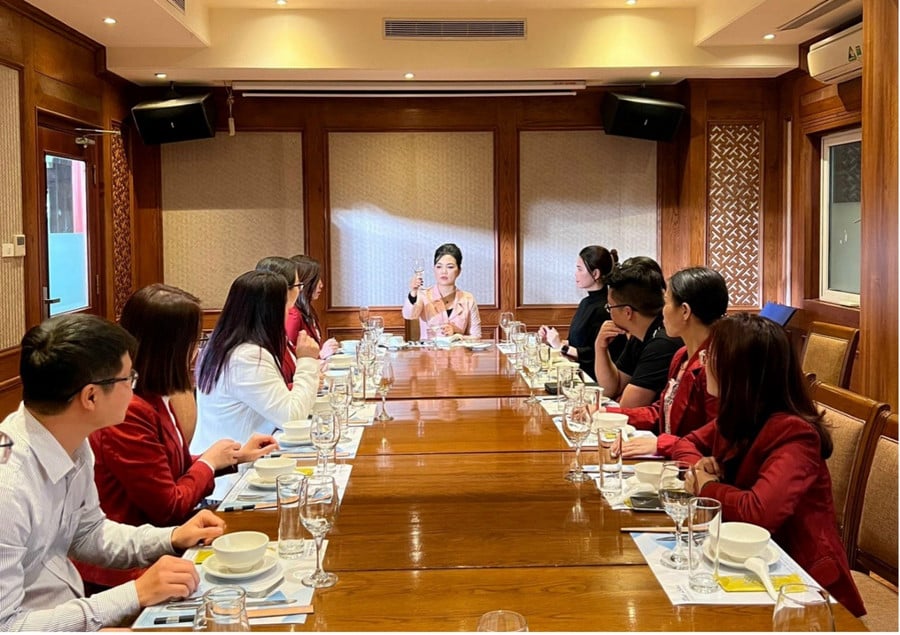
- To some extent, it can be said that you seem to have found your mission and you have been pursuing this mission. Do you have any special direction for future generations of students?
- My mission is to continuously improve the understanding of each of us, the future young generation, about etiquette and manners on the basis of deep understanding of culture, helping them to be confident and contribute to success in the international integration environment.
I want to contribute my small part in forming and building a comprehensive education system, where generations of students not only learn proper behavior but also imbue national cultural values.
I believe that with the development of education, with the orientation of the Ministry of Education and Training and increasingly deep global connections, Vietnamese people will become more confident and successful in the international arena, while contributing to building a strong and proud cultural identity.
- Thank you, Ms. Le An Na, for this meaningful conversation. I wish you success in your career and continue to spread the precious cultural values of the Vietnamese people to the world.
Giaoducthoidai.vn
Source: https://giaoducthoidai.vn/thac-si-le-an-na-va-triet-ly-giang-day-ve-nghi-thuc-va-phong-thai-post703906.html


![[Photo] Attractive extracurricular lessons through interactive exhibition at Nhan Dan Newspaper](https://vstatic.vietnam.vn/vietnam/resource/IMAGE/2025/4/26/1f307025e1c64a6d8c75cdf07d0758ce)
![[Photo] April 30, 1975 - Steel imprint engraved in history](https://vstatic.vietnam.vn/vietnam/resource/IMAGE/2025/4/26/b5a0d7f4f8e04339923978dfe92c78ef)



![[Photo] Panorama of the rehearsal of the parade to celebrate the 50th anniversary of national reunification](https://vstatic.vietnam.vn/vietnam/resource/IMAGE/2025/4/26/afd7e872ef6646f288807d182ee7a3da)
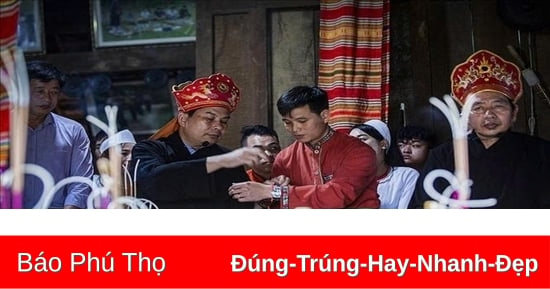



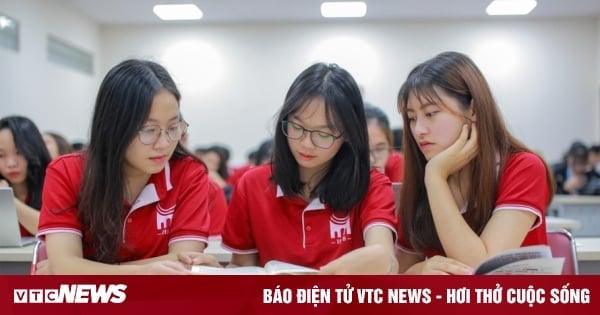

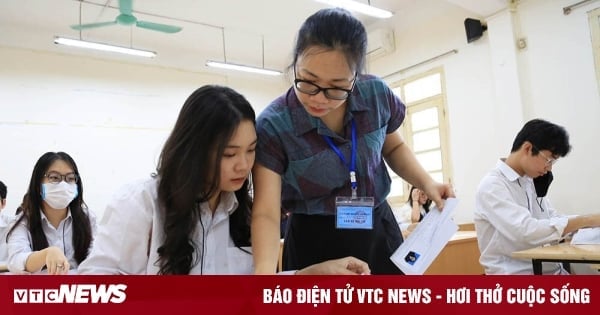
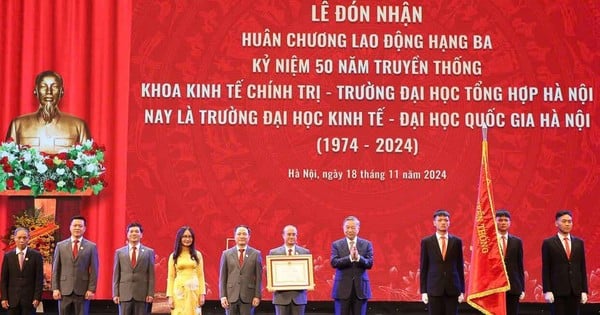
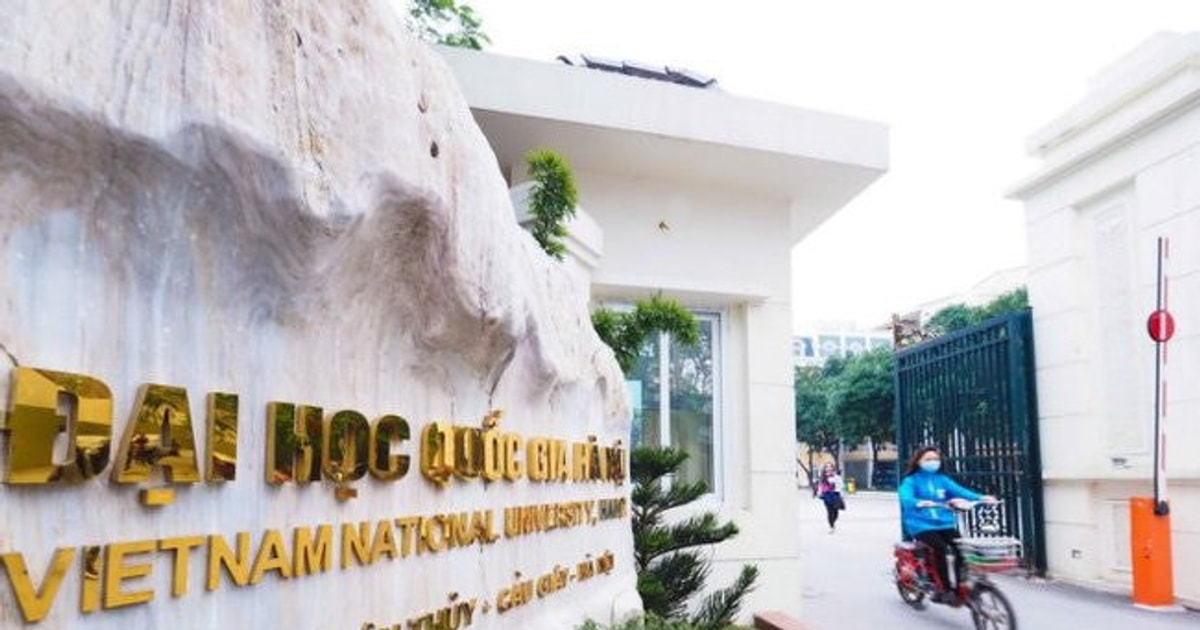

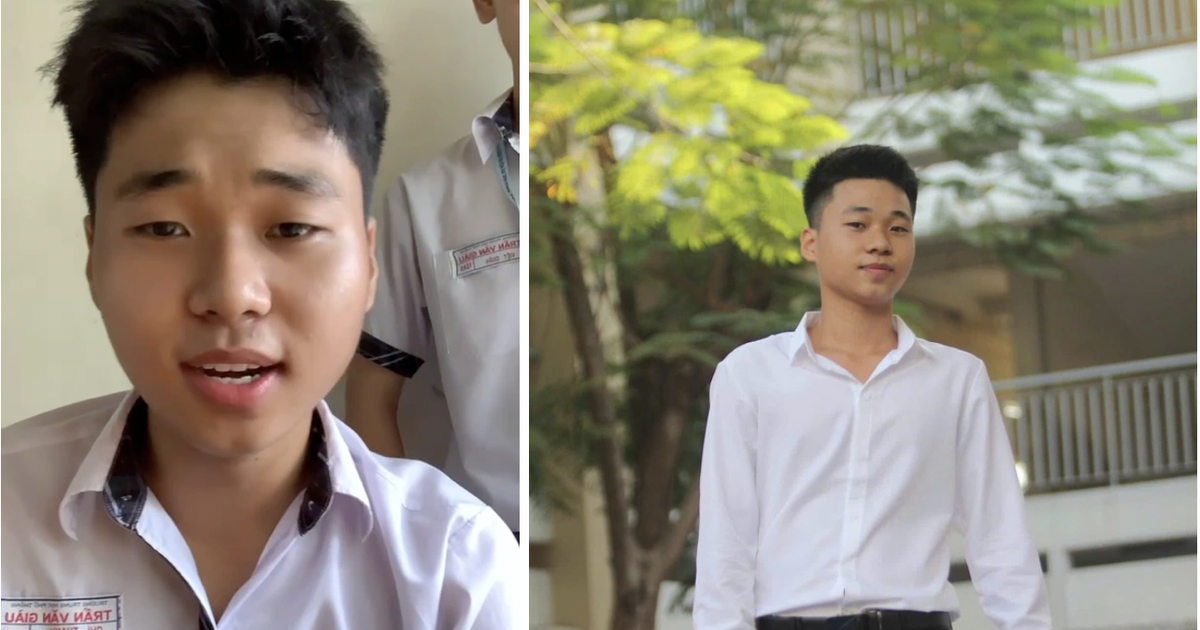
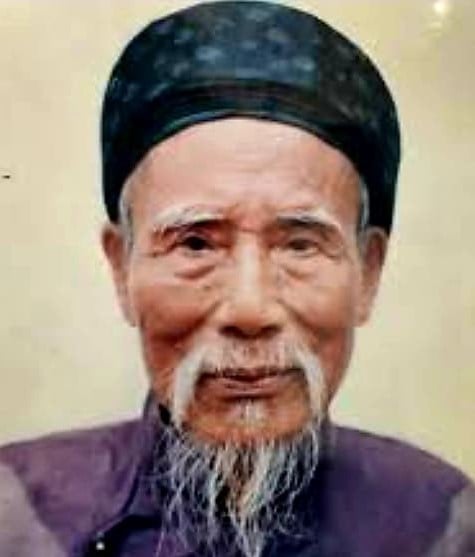
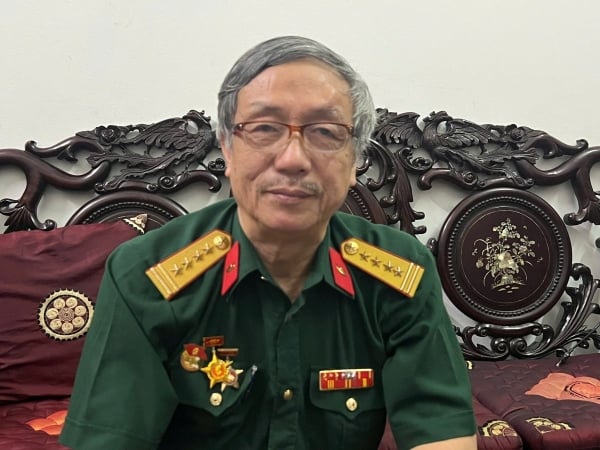
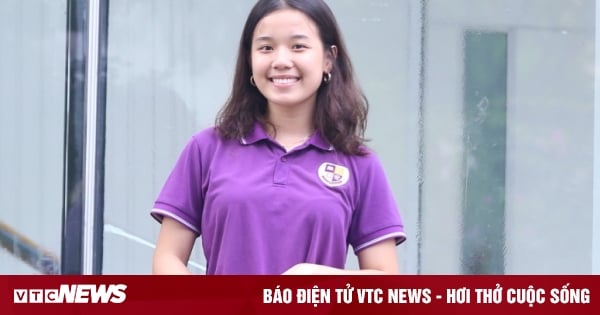

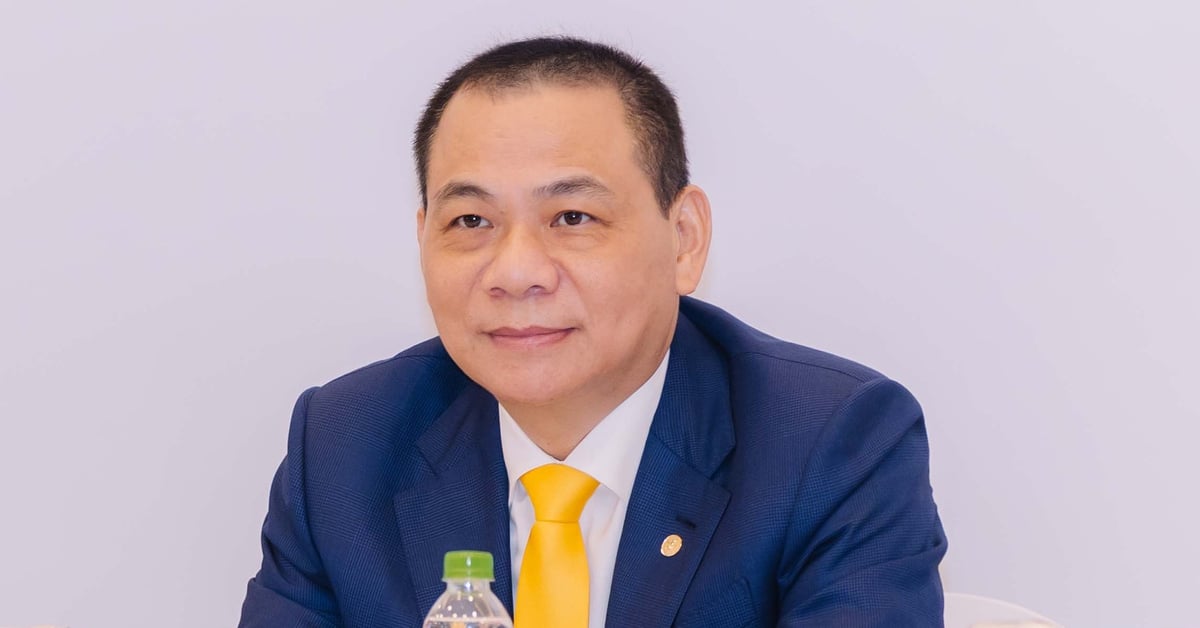
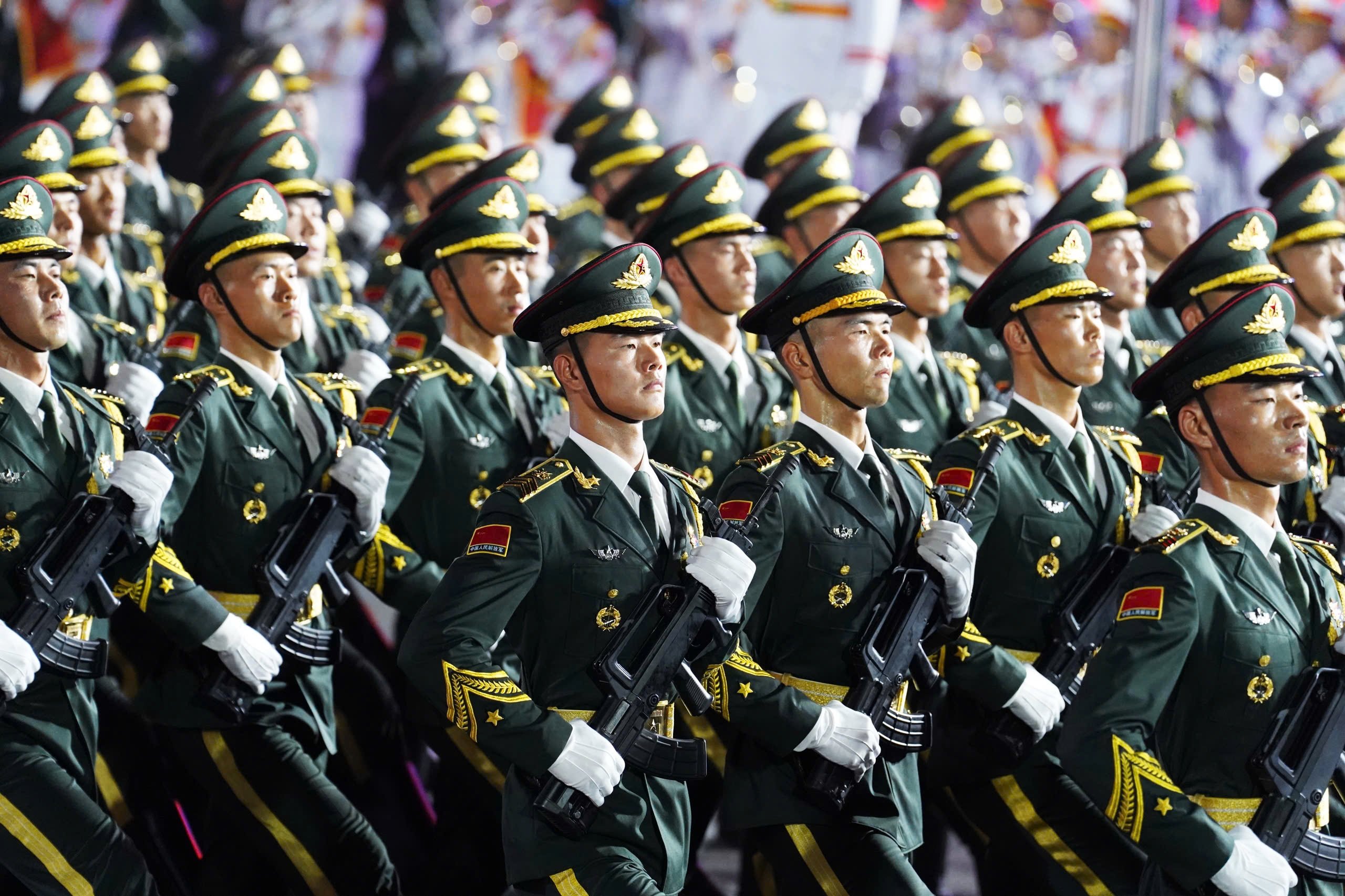



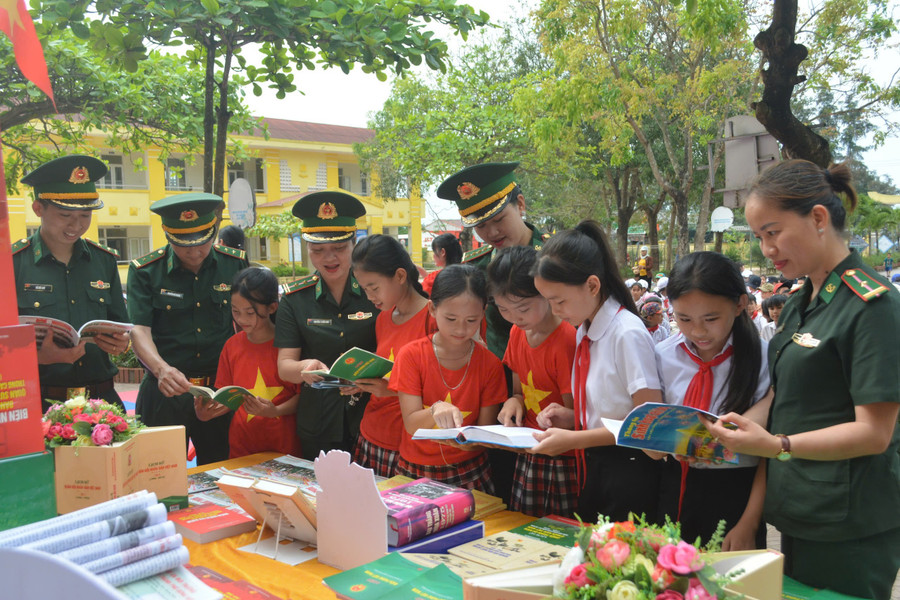
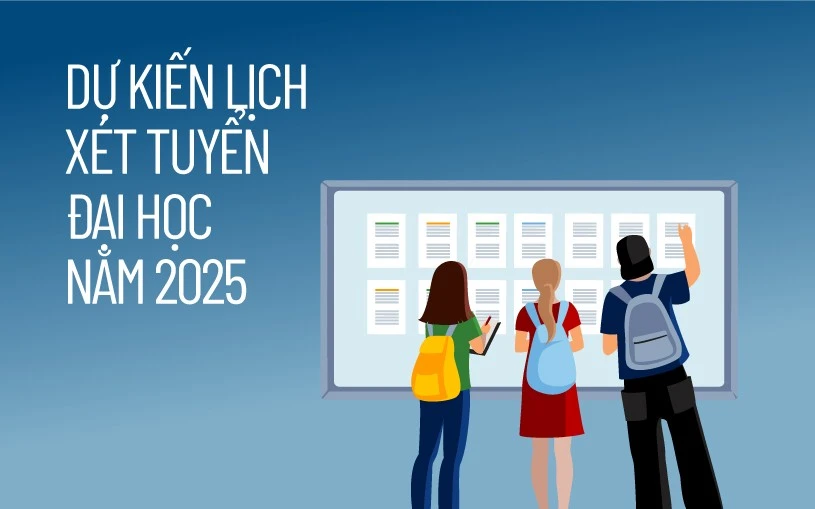

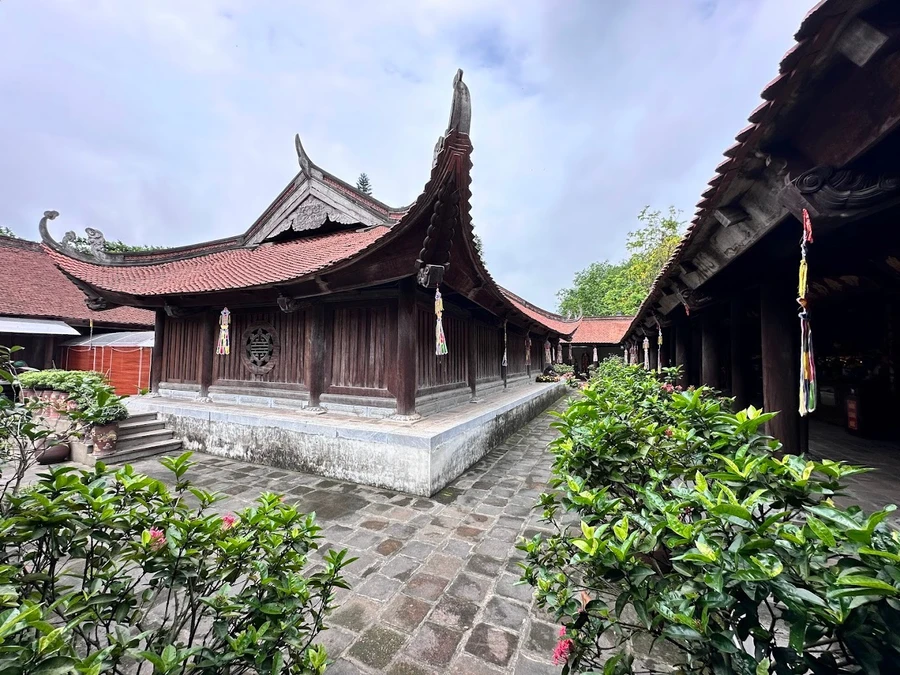
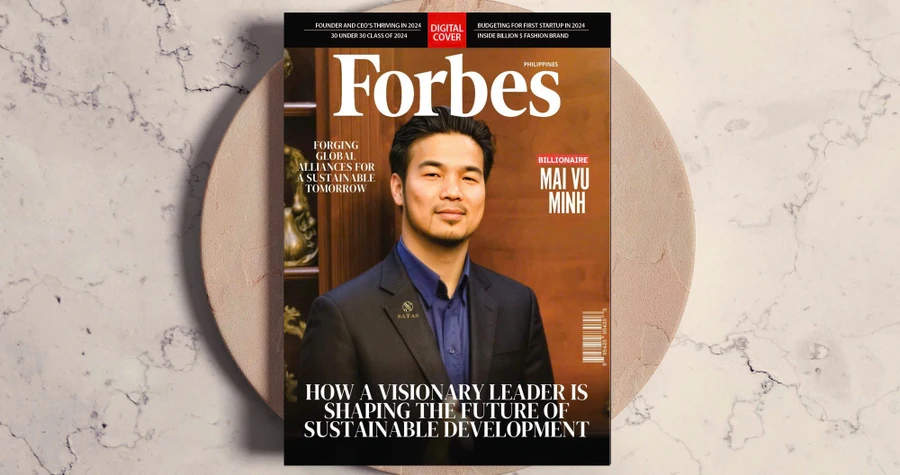
![[Photo] President Luong Cuong meets with Lao Prime Minister Sonexay Siphandone](https://vstatic.vietnam.vn/vietnam/resource/IMAGE/2025/4/25/3d70fe28a71c4031b03cd141cb1ed3b1)
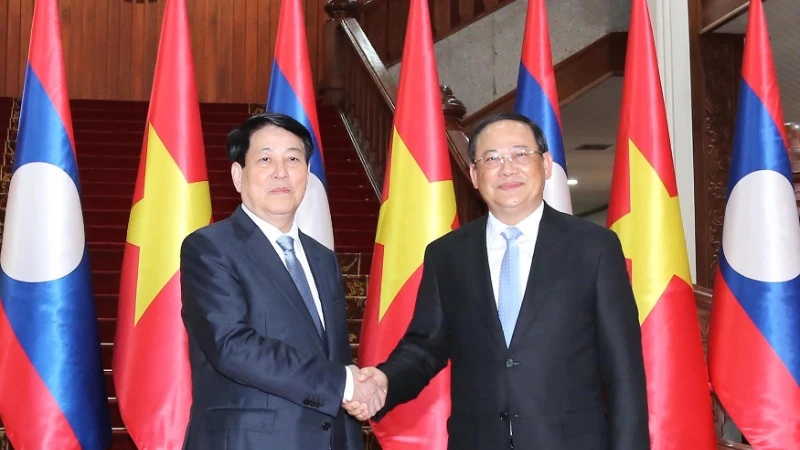




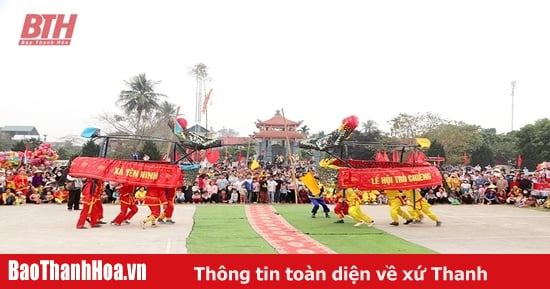

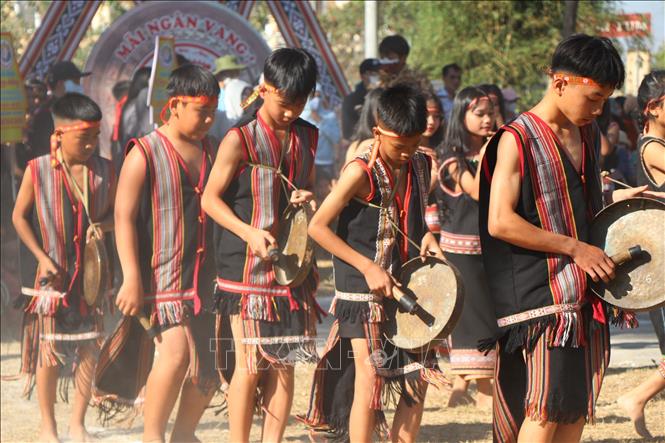

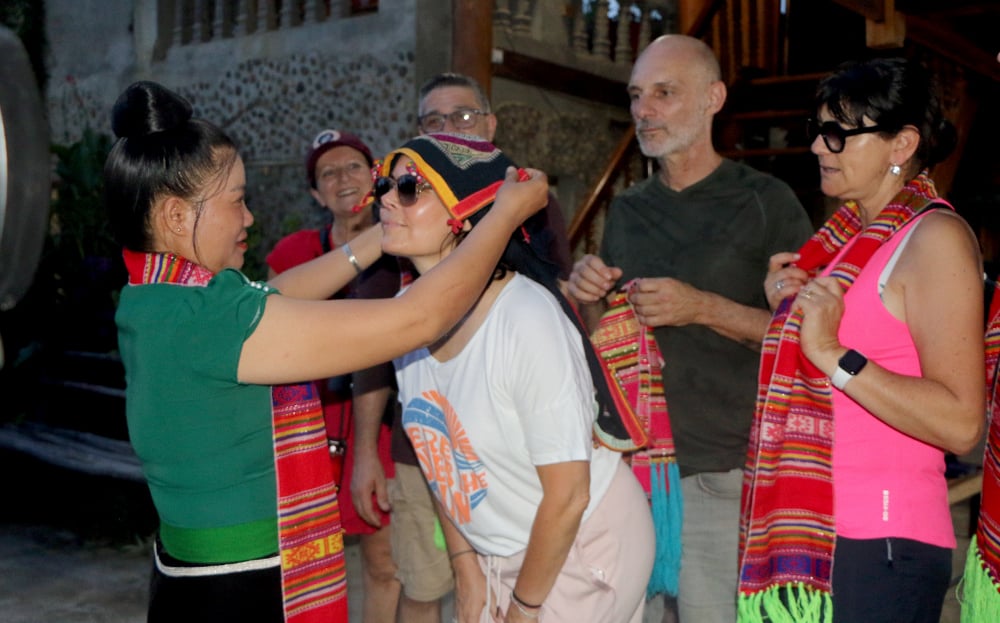






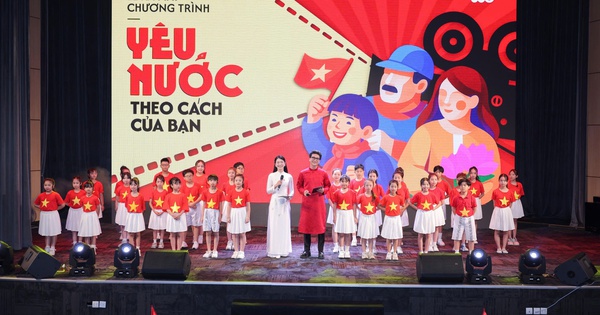

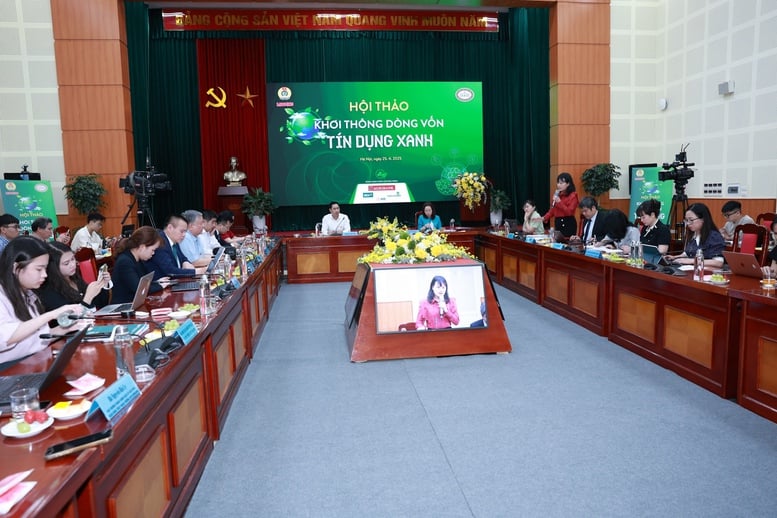
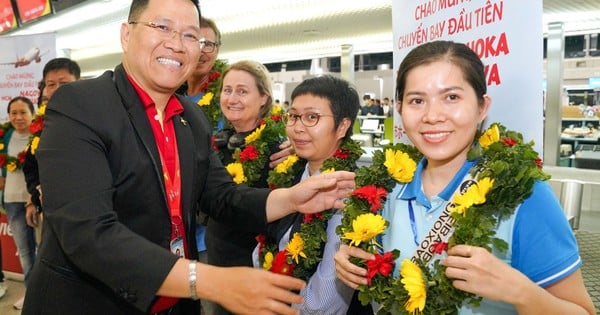

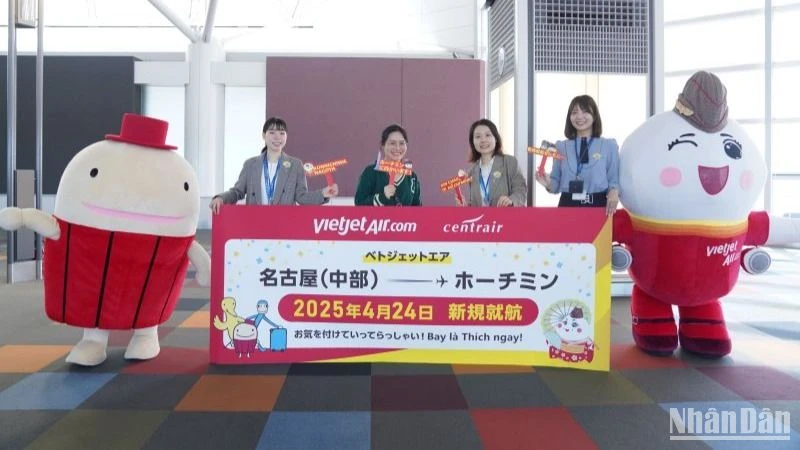
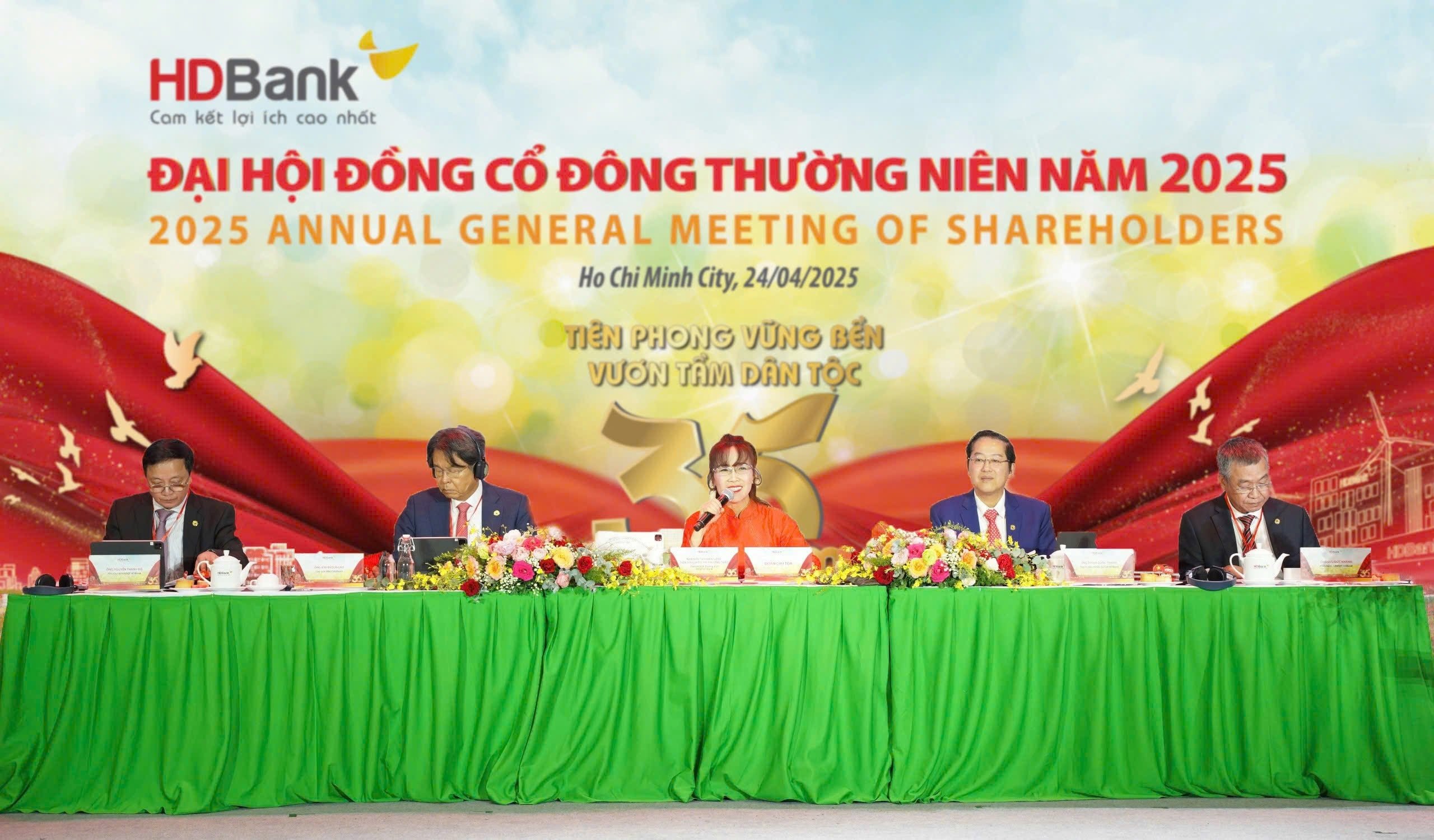



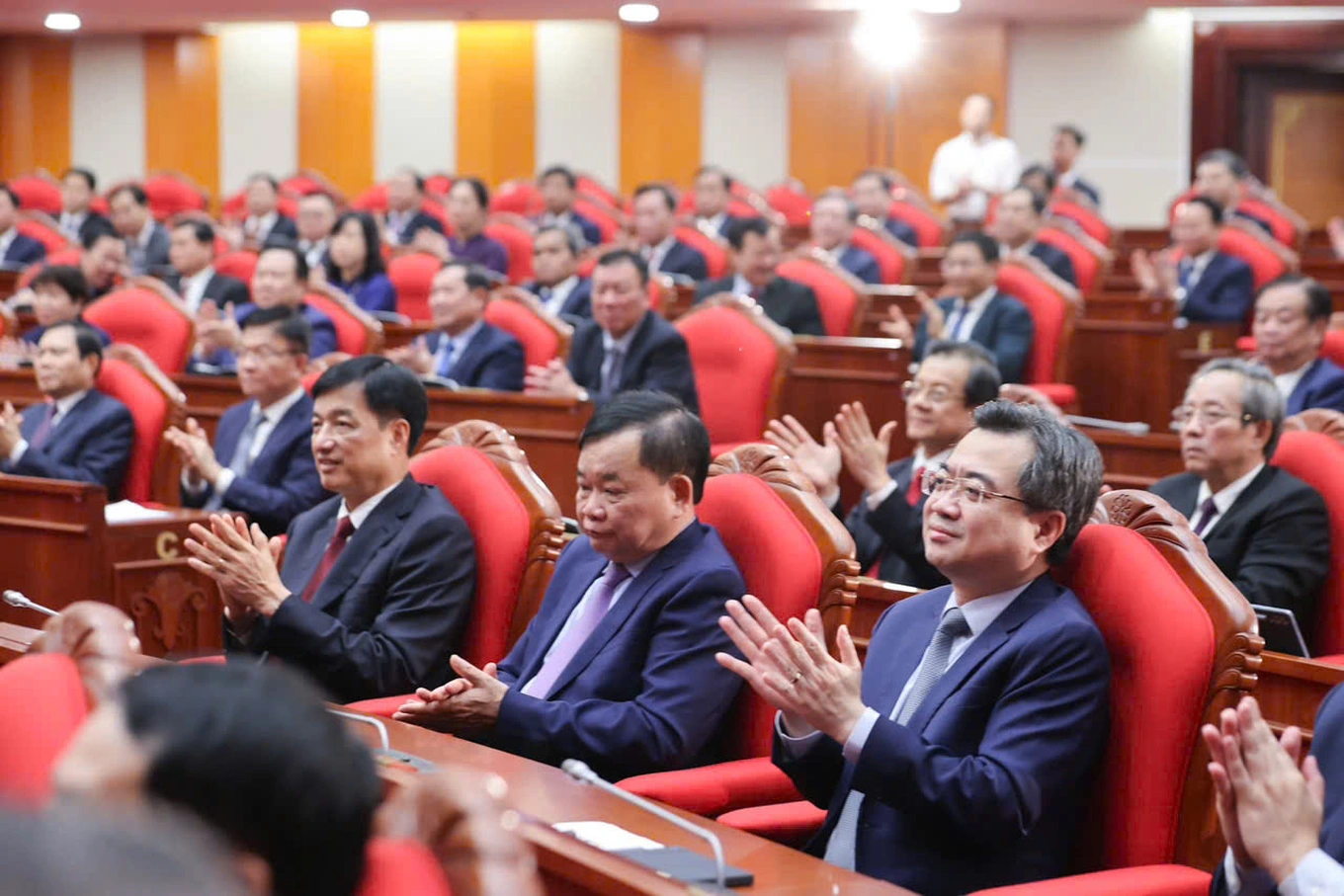

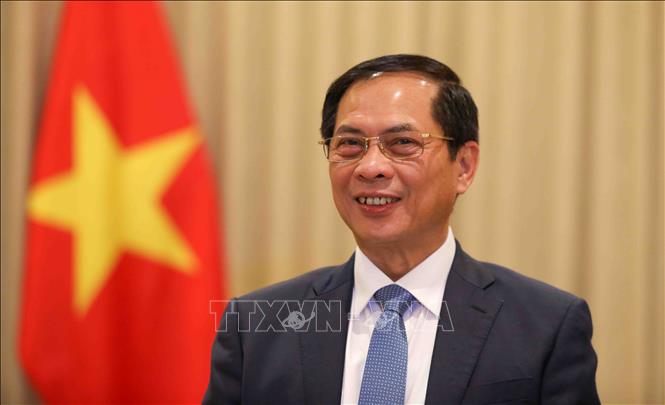
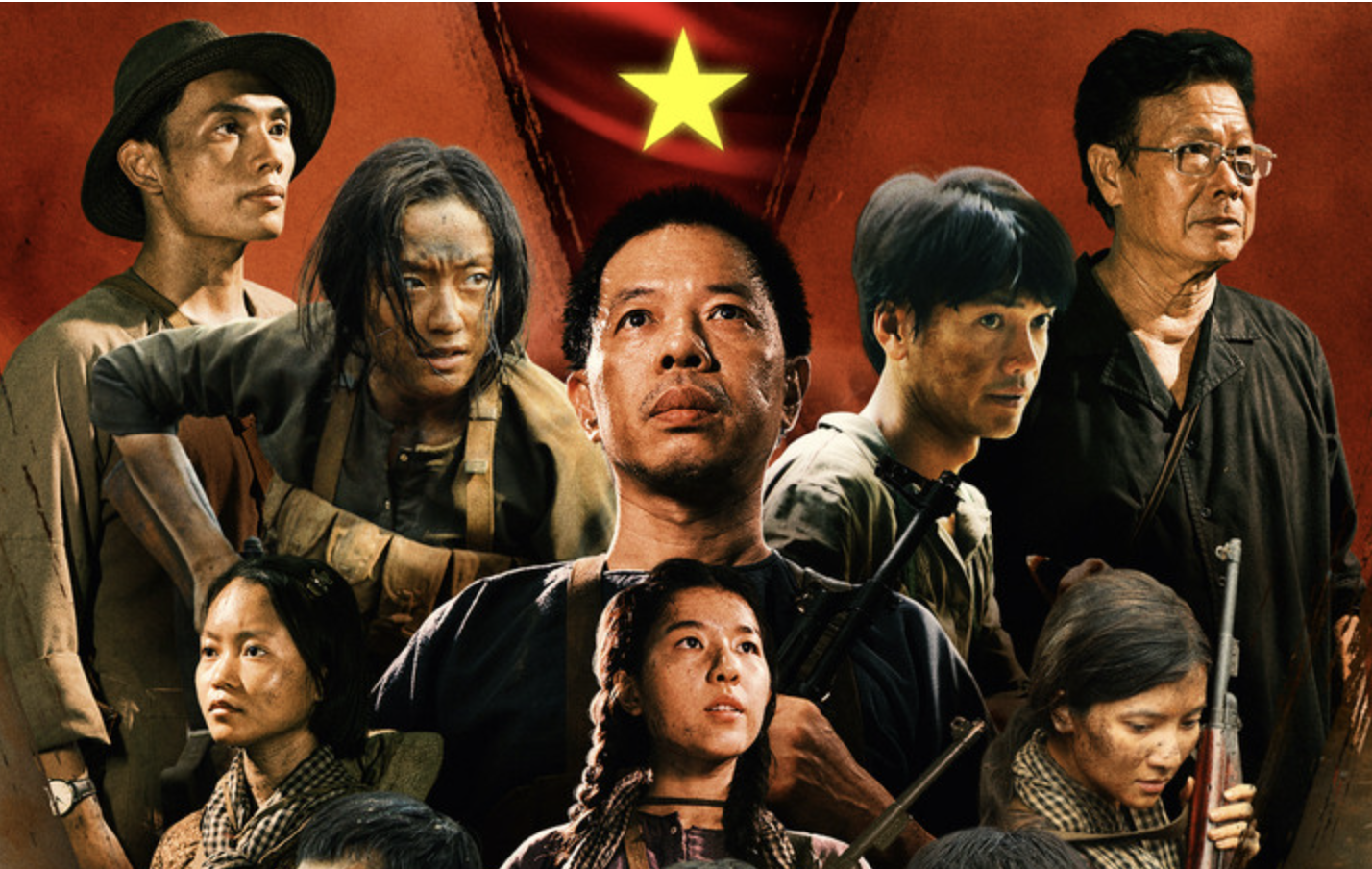


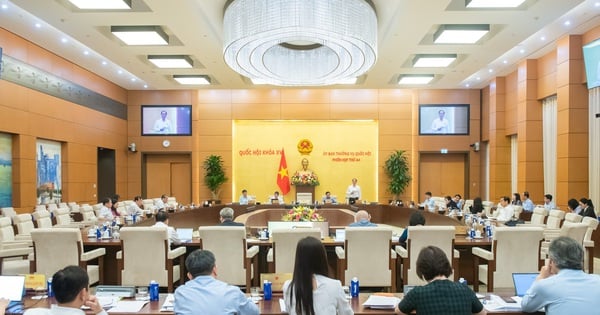
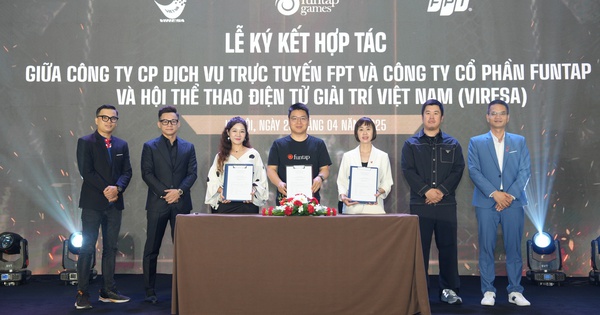



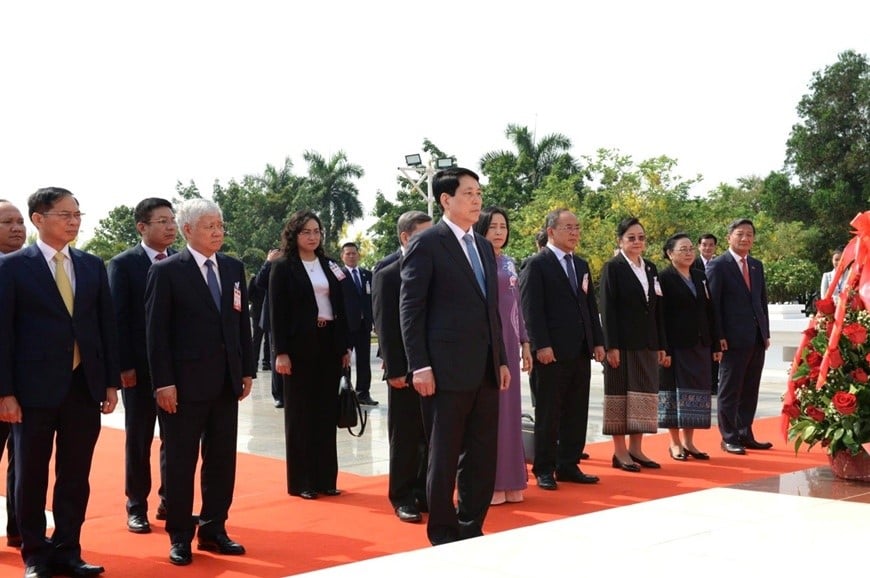
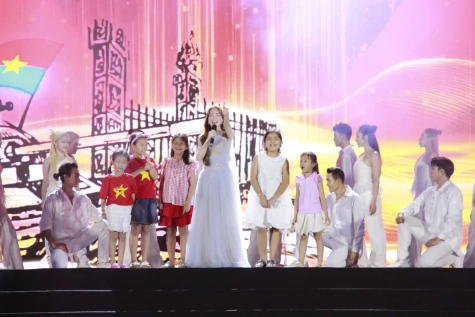

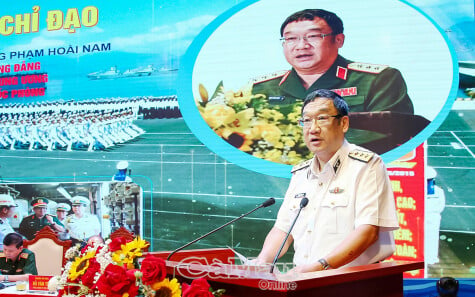




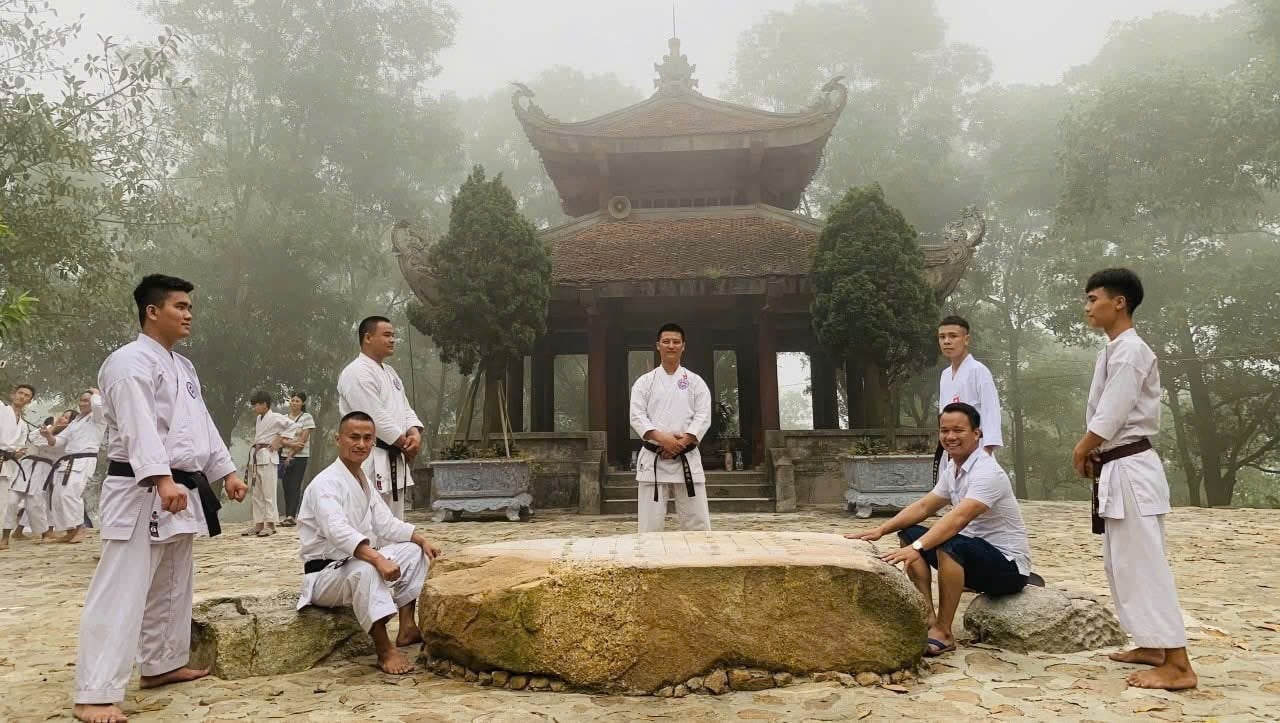



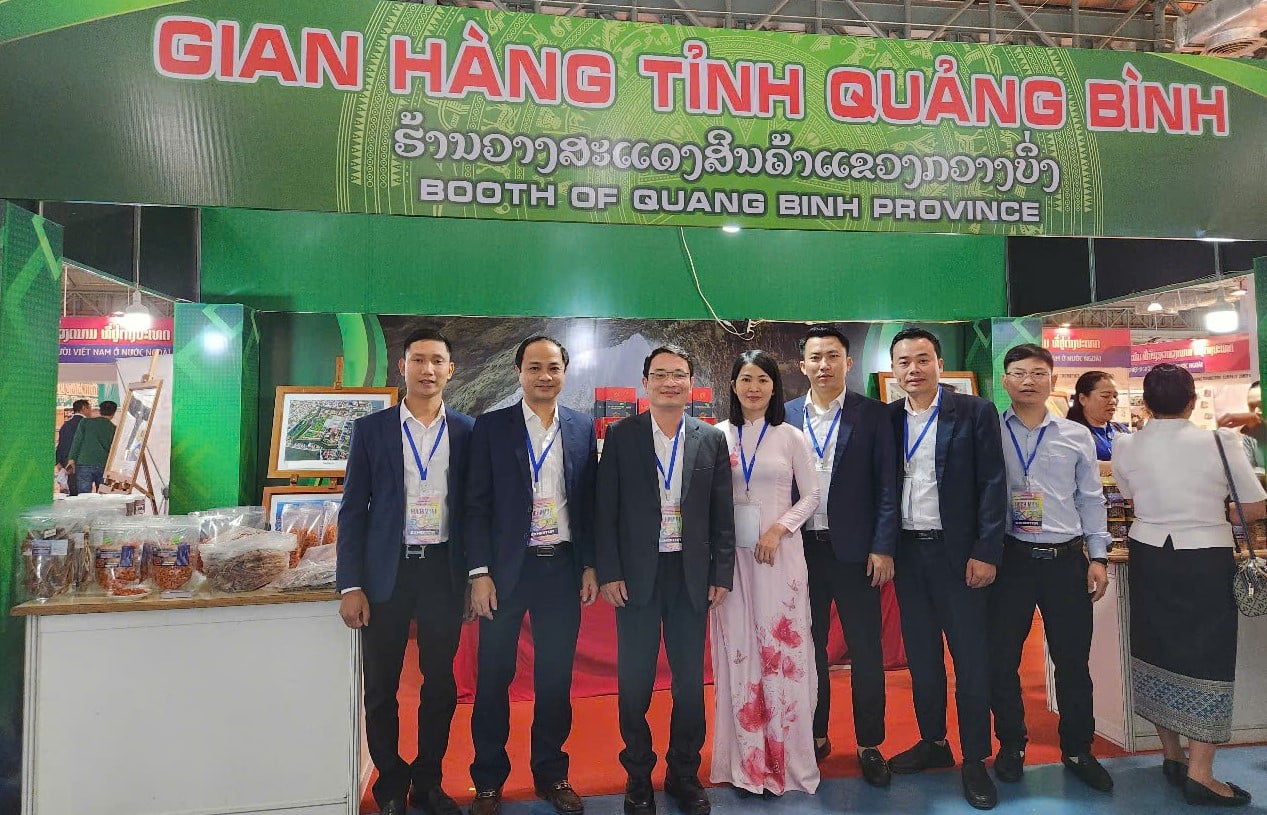

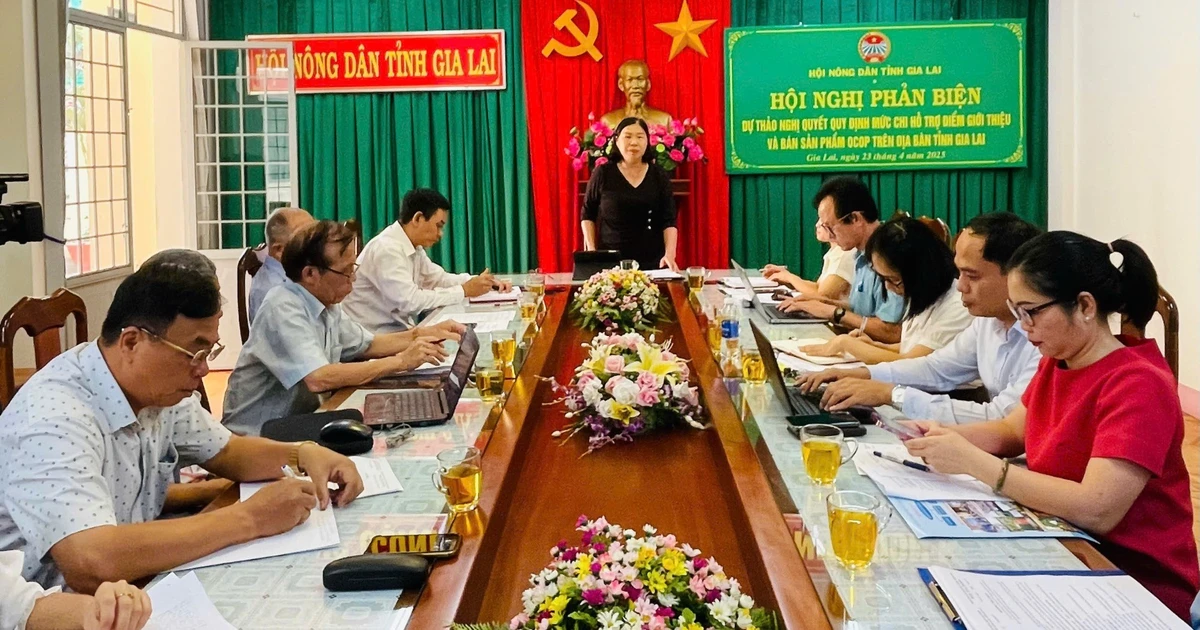

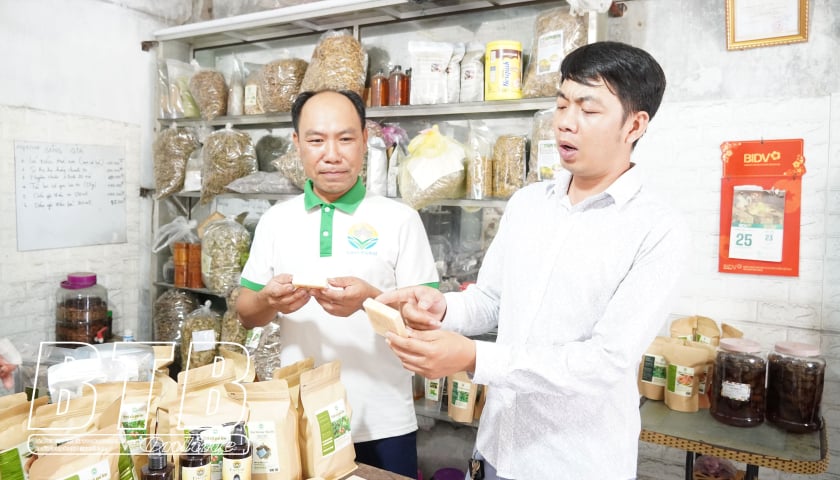



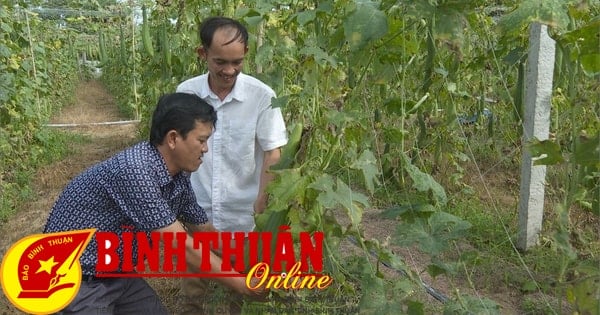


Comment (0)